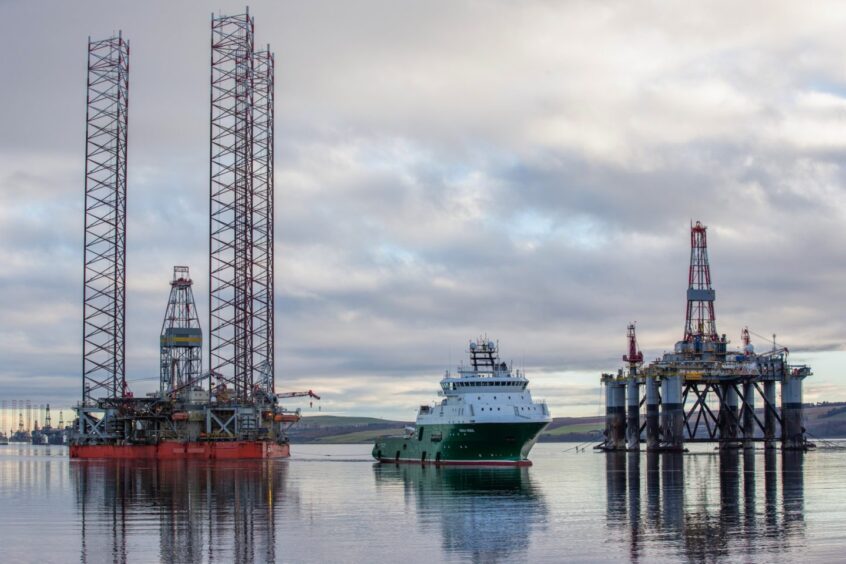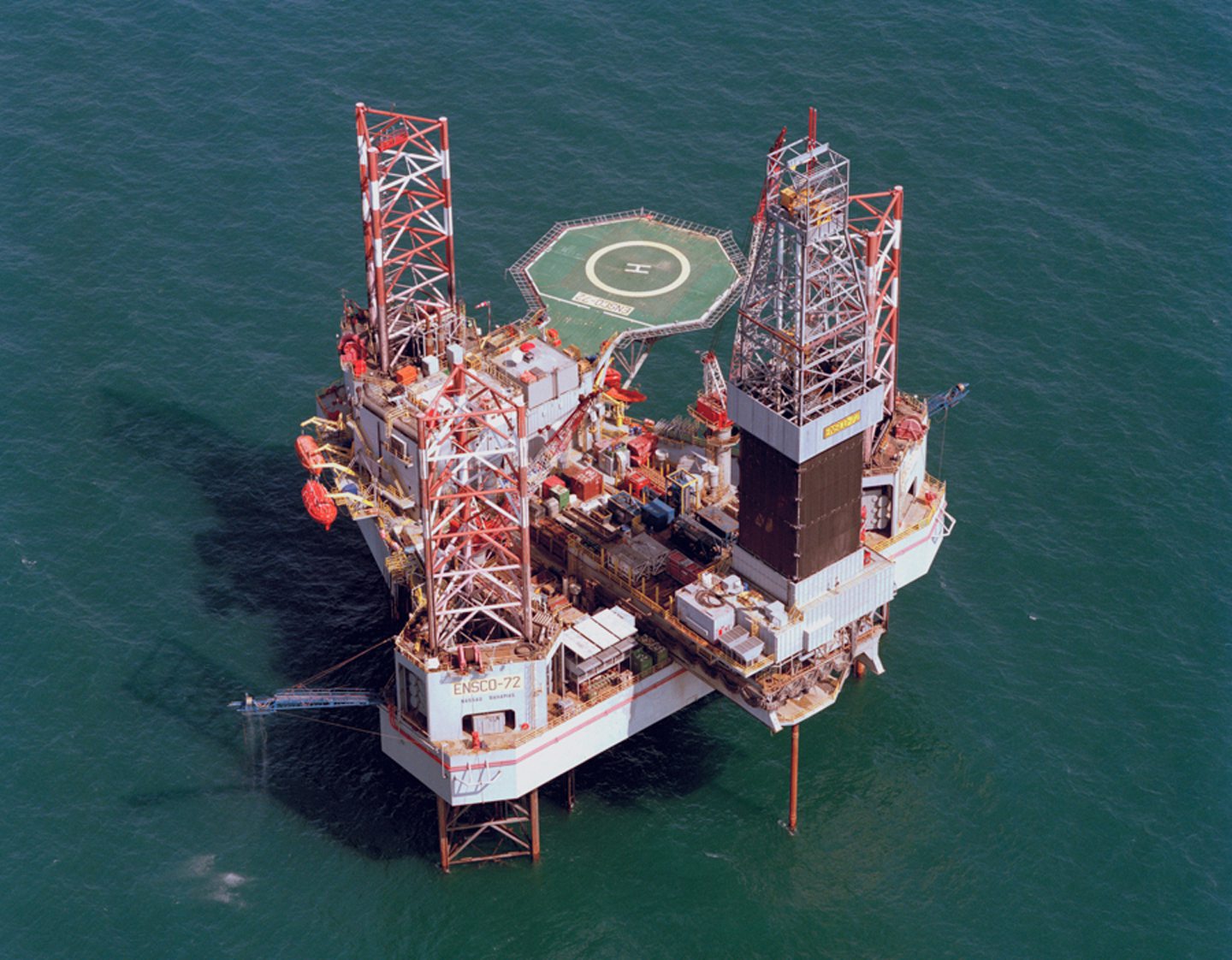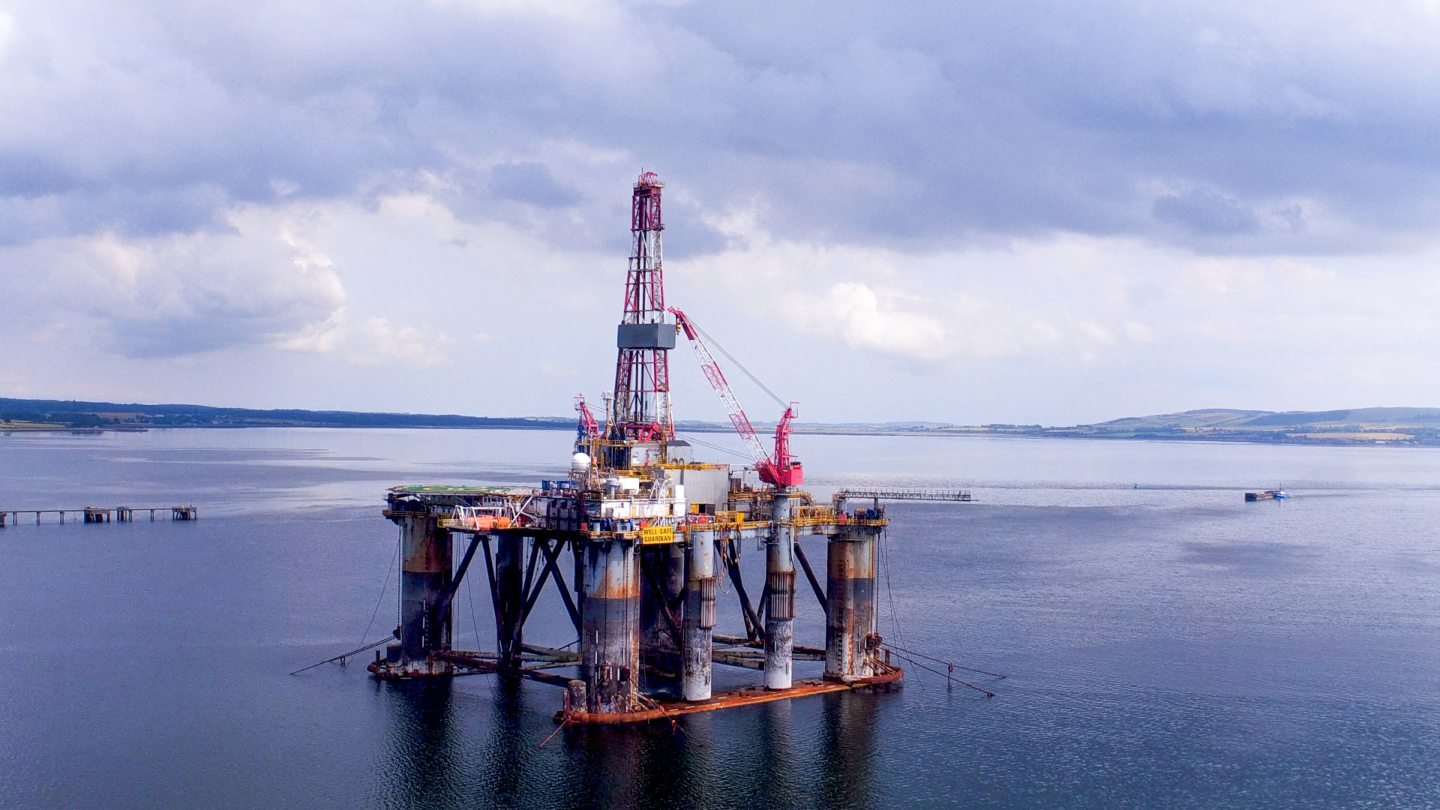
Oil and gas operators will risk facing fines if they continue to miss well decommissioning deadlines, the North Sea Transition Authority (NSTA) has warned.
The NSTA said it will investigate alleged failures by some North Sea operators to complete well plugging and abandonment (P&A) in line with approved plans.
According to the NSTA, operators spent around £2bn on decommissioning in 2023, in line with forecasts, but they completed much less work than originally planned.
Across the UK continental shelf (UKCS), operators completed only around 70% of planned well decommissioning activities.
Inflationary pressures are leading to some operators deferring work in the hope that costs will eventually come down. But the NSTA said failing to award contracts reduces the ability of supply chain firms to invest in their capacity and resources.
While “pockets of operators” continue to “perform admirably”, the NSTA said the majority “need to improve by doubling down on their planning”.
Fines of up to a million pounds could be imposed on firms failing to comply with their obligations, the NSTA said.
Delays pushing up decom costs
The clamp down follows NSTA supply chain and decommissioning director Pauline Innes writing to North Sea operators in November last year, warning those failing to comply would be held to account.
Speaking to Energy Voice, Innes said repeated delays to well P&A are seeing rig operators looking for longer-term and more lucrative opportunities elsewhere.
If the trend continues, Innes said it will likely further increase costs and reduce the UK’s ability to deliver on other energy transition opportunities.
“We’re at a really critical point in the market in that we clearly have a backlog of wells that need to be decommissioned at a time that we have a supply chain that has capacity,” Innes said.
“The supply chain… are running businesses and they are looking for opportunities to keep their workforce and their vessels active and they are starting to look at overseas markets.
“If they look to go overseas, then that means we won’t have the vessels in the UK to meet the UK’s obligations now – but we can also foresee issues for the future.”
Energy transition impacts
Innes said energy transition opportunities, such as offshore carbon carbon capture and storage (CCS), could also be put at risk if operators fail to support the supply chain through decommissioning spending.
“I am concerned that this huge opportunity to safeguard highly-skilled jobs and support the transition will be wasted if operators fail to tackle their well decommissioning backlogs,” Innes said.
“The supply chain wants to do this work, but it is not physically tied to the UK. Its skills and resources are in demand in other regions, and we are starting to see companies marketing their rigs elsewhere. Operators need to use the supply chain, now, or risk losing it.”
Innes said the NSTA recognises operators and supply chain firms are contending with a raft of inflationary pressures, alongside recruitment challenges, technical issues and weather conditions.
However, Innes said these challenges are not an excuse.
“You’ve had this obligation for a long time, you’ve known it’s coming up, it’s up to you to work out how to budget for it,” she said.
Decom spend an ‘investment in our future’
If the regulator succeeds in spurring operators into action there are plenty of potential economic benefits on offer, according to the NSTA.
Innes said the decommissioning sector is already supporting thousands of jobs in the UK, and building up the supply chain could lead to a “massive export opportunity”.
Spending on decommissioning needs to be seen as an “investment in our future”, and creating a “platform for the energy transition”, Innes said.
But alongside operator delays, a lack of information about upcoming projects is hindering the ability of supply chains firms to plan, invest, and even collaborate.
“Every [operator] knows their own well stock, what they don’t know is what other operators have got,” Innes said.
“We have that information but it’s confidential, we’re not allowed to share it.”
Innes said the NSTA is looking at ways it can become more transparent and share more data to benefit both the supply chain and operators.
Well decommissioning programme
As part of this, the NSTA said it will lead a project to identify the nearly 1,500 UKCS wells which will be ready for decommissioning between 2026 and 2030.
The project will also assess the supply chain’s capacity to undertake the work in a “timely and cost-effective manner”.
The NSTA said industry collaboration helped lower the overall decommissioning cost estimate by around £15bn between 2017 and 2022, reducing the cost to UK taxpayers.
However, it said achieving further cost reductions will be difficult as “much of the low-hanging fruit has been picked”.
Operators expect to spend about £24bn on decommissioning between 2023 and 2032, an increase of £3bn on the forecast for the same period in last year’s report.
Technological advancements and greater commercial collaboration will help to drive down those costs, Innes said, putting the UK in good stead.
“If we can establish it right for this decade, we’ve set the tone for the rest of decommissioning for the decades to come,” she said.
Recommended for you

 © Supplied by Valaris
© Supplied by Valaris © Supplied by NSTA
© Supplied by NSTA © Well-Safe
© Well-Safe